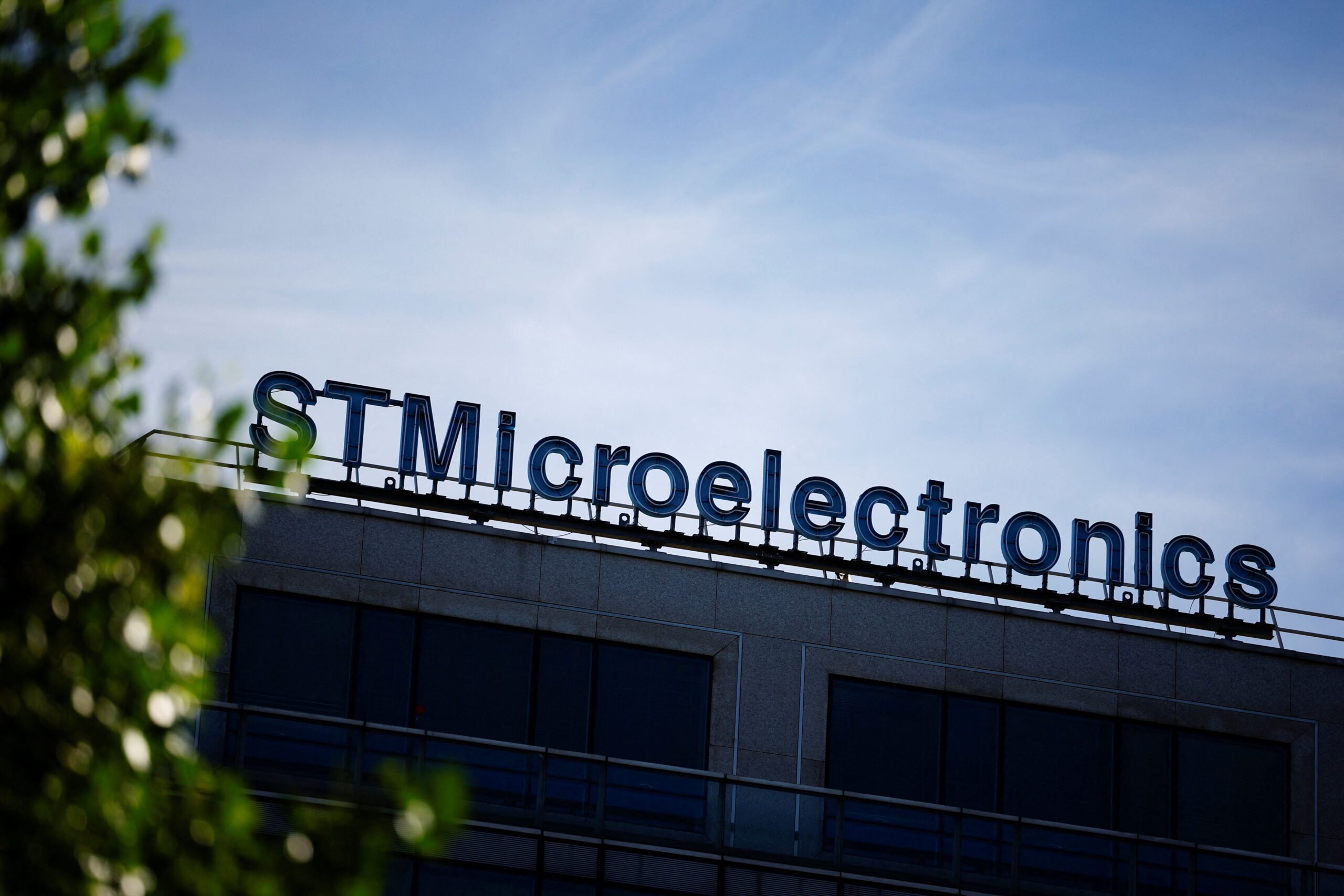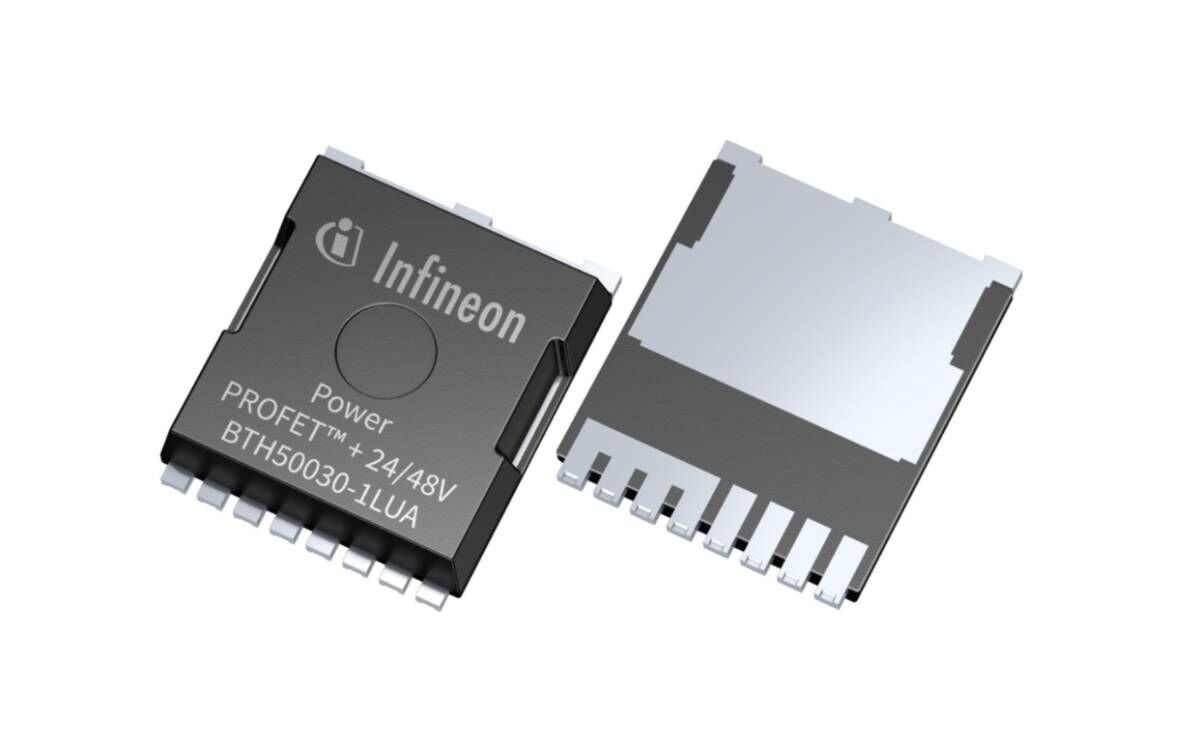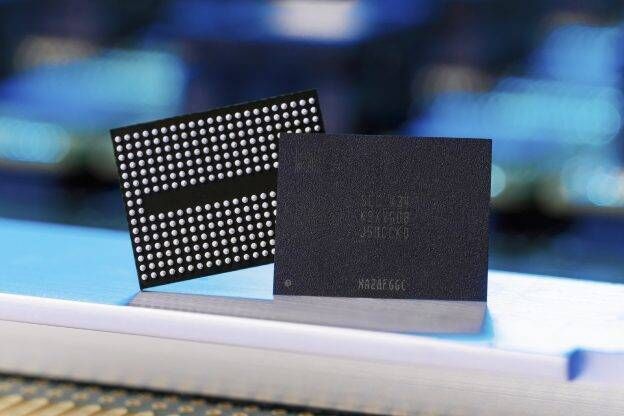March 21, 2024 /SemiMedia/ -- STMicroelectronics announces an advanced process based on 18nm Fully Depleted Silicon On Insulator (FD-SOI) technology with embedded phase change memory (ePCM) to support next-generation embedded processing devices. This new process technology, co-developed by ST and Samsung Foundry, delivers a leap in performance and power consumption for embedded processing applications while allowing larger memory sizes and higher levels of integration of analog and digital peripherals. The first next-generation STM32 microcontroller based on the new technology will start sampling to selected customers in the second half of 2024, with production planned for the second half of 2025.
Remi El-Ouazzane, President of Microcontrollers, Digital ICs and RF products Group at STMicroelectronics, said: “As a leading innovator in the semiconductor industry, ST has pioneered and brought to our customers FD-SOI and PCM technologies for automotive and aerospace applications. We are now taking the next step to bring the benefits of these technologies to developers of industrial applications starting with our next-generation STM32 microcontrollers.”
Compared to ST 40nm embedded non-volatile memory (eNVM) technology used today, 18nm FD-SOI with ePCM vastly improves key figures of merit:
- More than 50% better performance-to-power ratio
- 2.5-times higher non-volatile memory (NVM) density enabling larger on-chip memories
- Three times higher digital density for integration of digital peripherals such as AI and graphics accelerators and state-of-the-art security and safety features
- 3dB improvement in noise figure for enhanced RF performance in wireless MCUs
The technology is capable of 3V operation to supply analog features such as power management, reset systems, clock sources and digital/analog converters. It is the only sub-20 nm technology supporting this capability.
The technology also delivers the reliability required for demanding industrial applications thanks to robust high-temperature operation, radiation hardening, and data retention capabilities already proven in automotive applications.












All Comments (0)